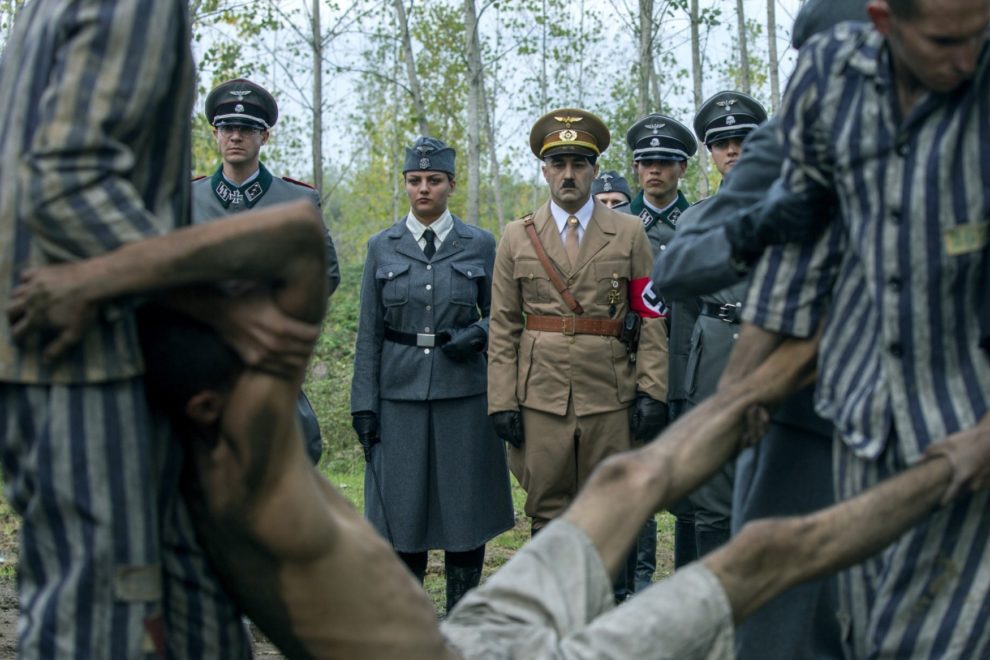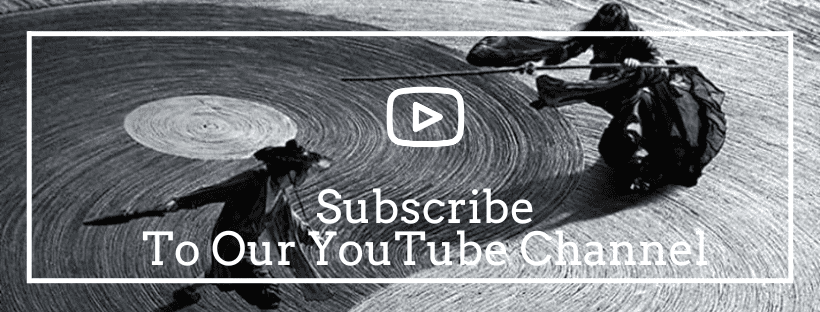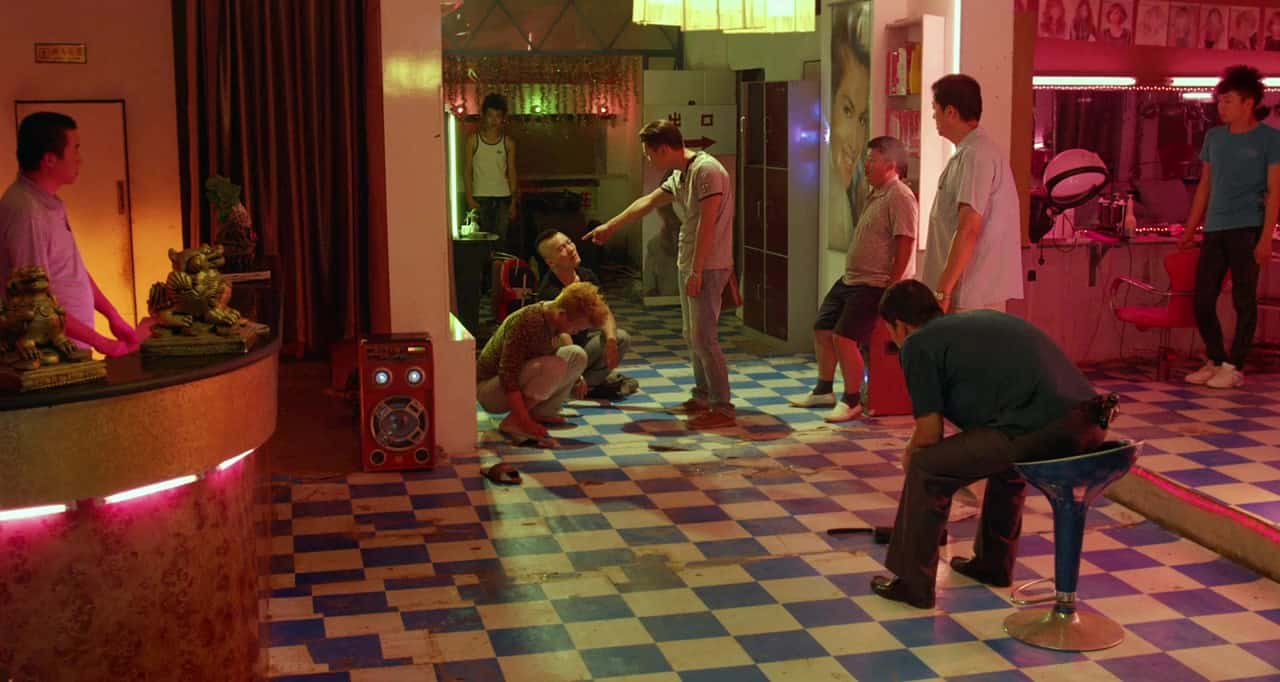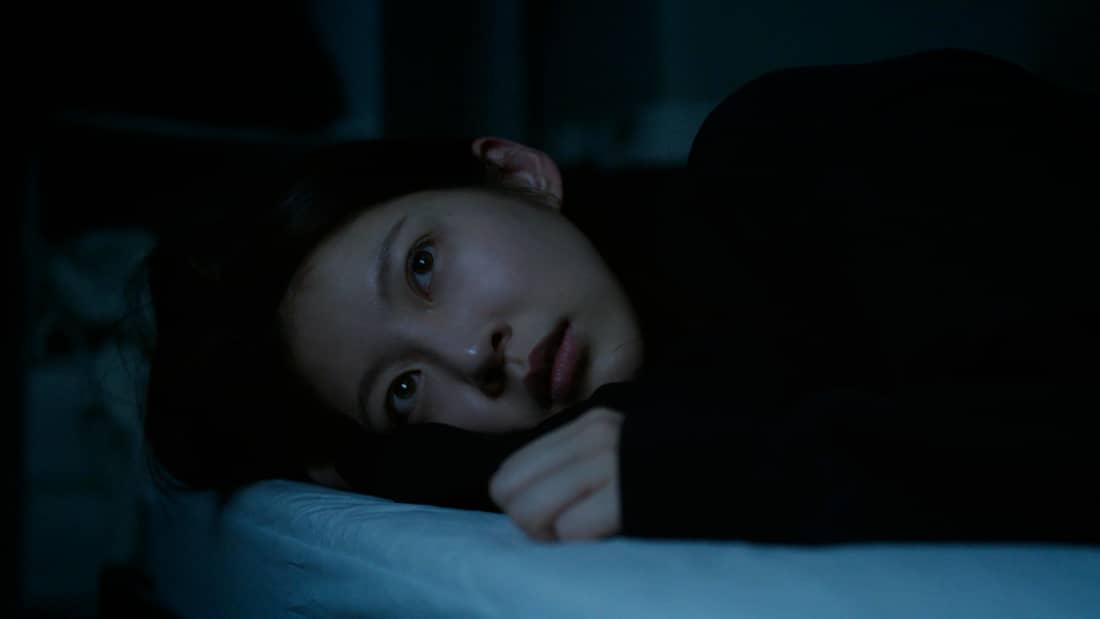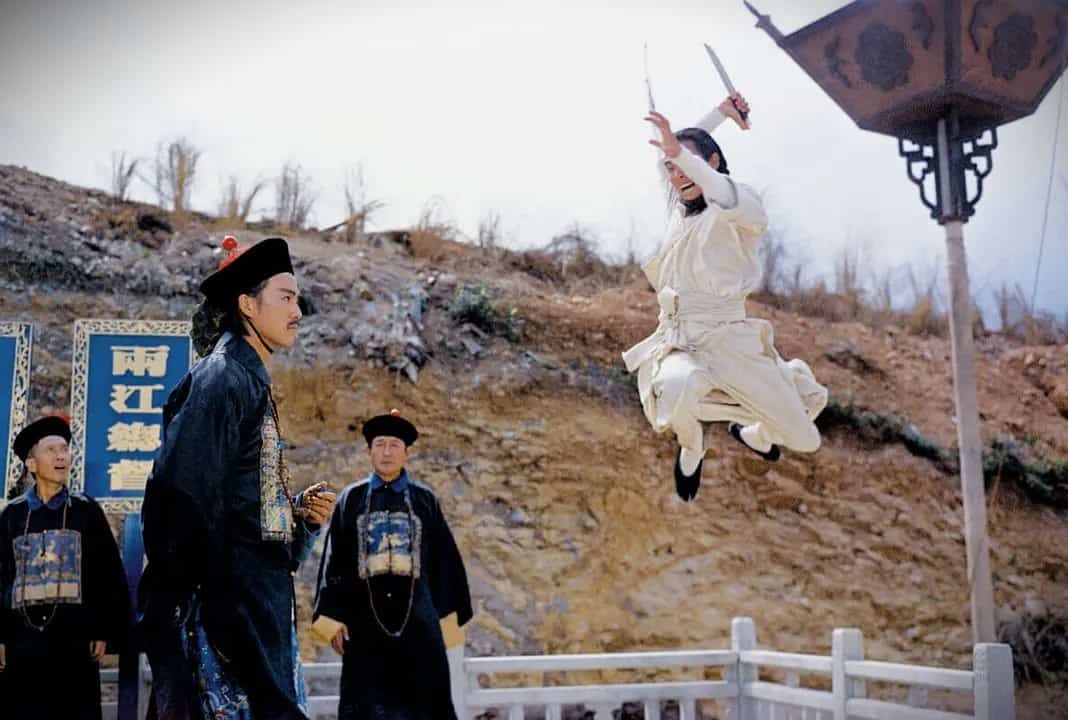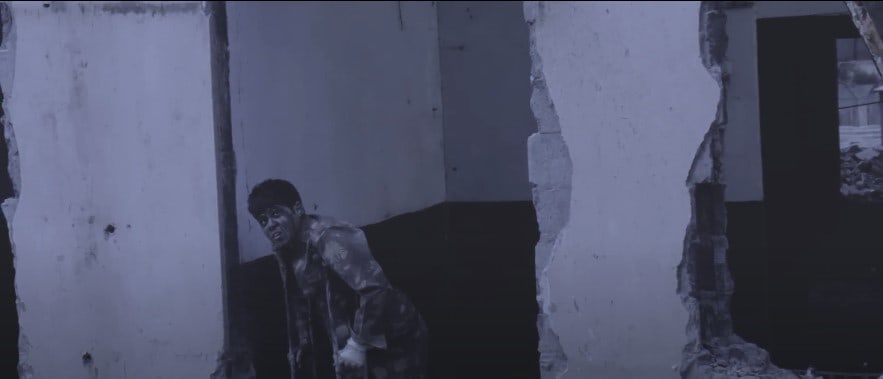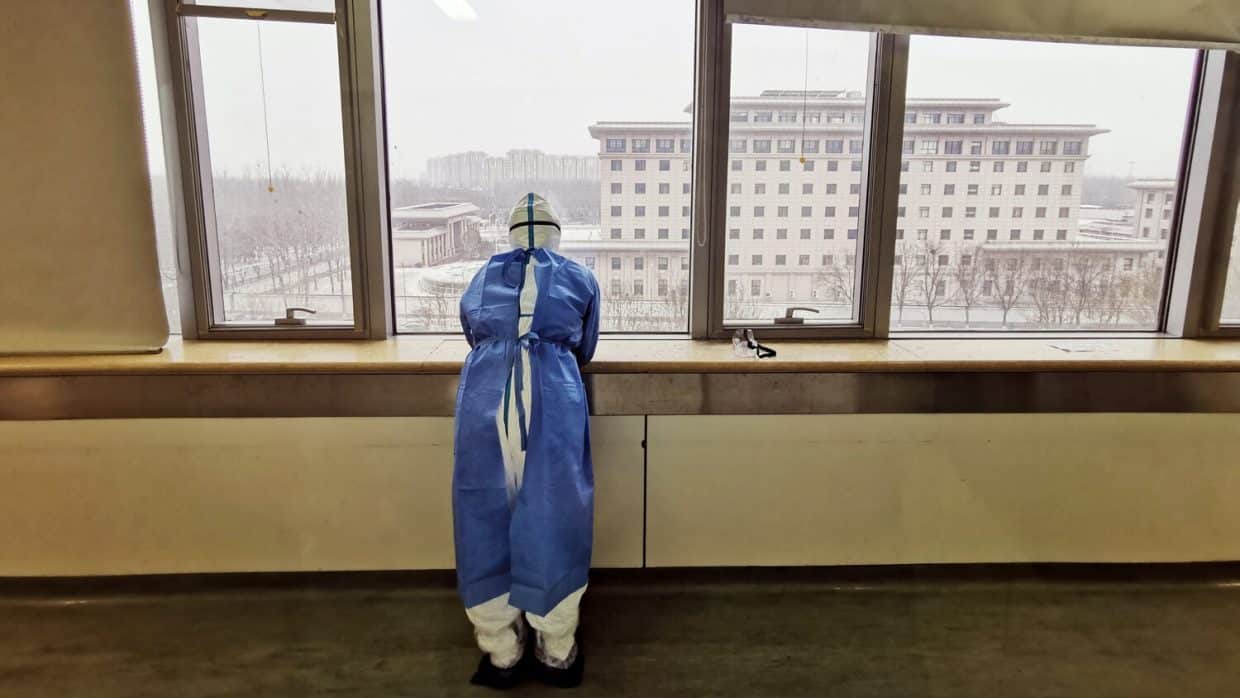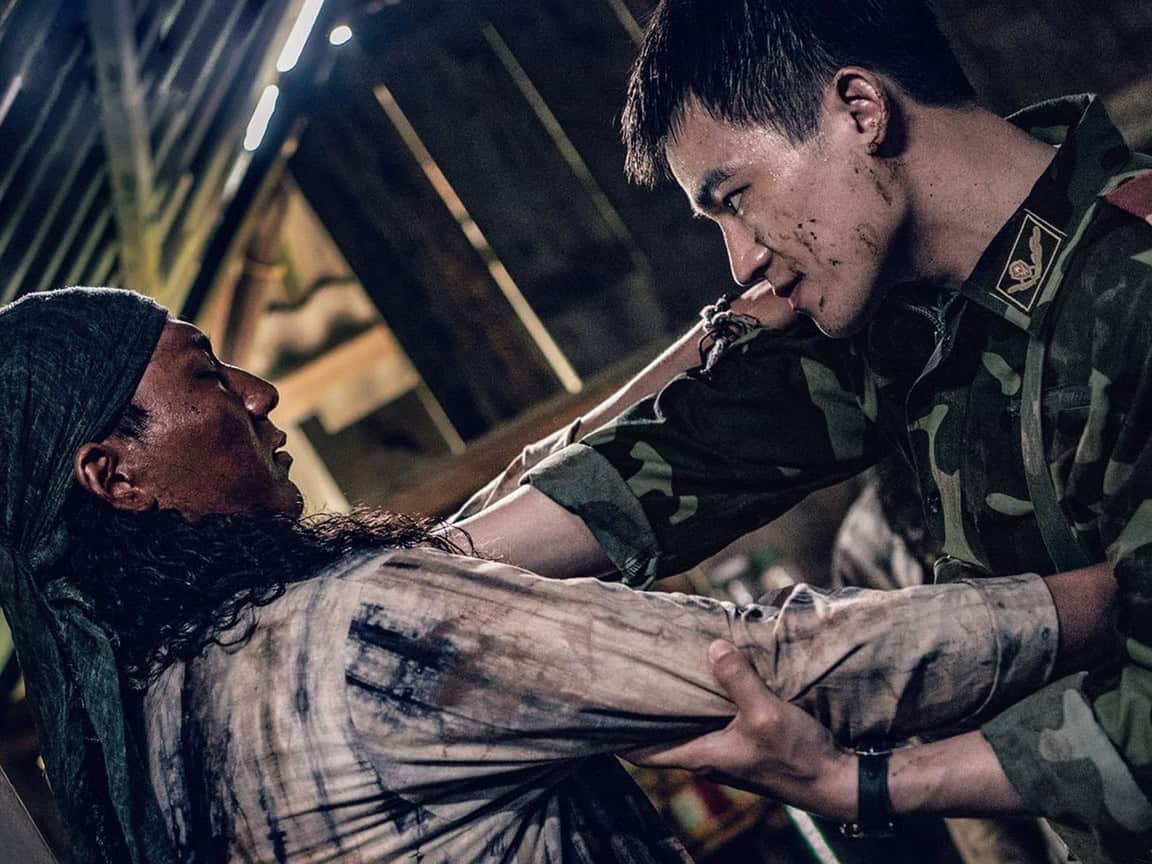There is barely anyone who isn't rich or in position of power who doesn't often exclaim “I would never do that if I were in their shoes”, truly convinced to hold a higher moral ground than “them folks”. You can thank this self-foolery for all the irritating quotes and misquotes by big thinkers, shanti-shanti spiritual leaders, and celebrities on social media, the same you can also find on the wall calendars and help-yourself books. Hell is other people, right?
Make no mistake, Houman Seyedi's 6th feature “World War III” also leans on a quote attributed to Mark Twain which kicks it off, but this one sits hand in hand with the script which fabulously rhymes the events. “History doesn't repeat itself, but it often rhymes”, goes the sad quote, gaining more on its meaning with every passing minute of the film. Hell is, as it turns out (and aren't we surprised about it!), just anyone who seizes the opportunity to set their microcosmos on fire.
World War III screened at Venice International Film Festival

It's a damn fine scriptwriting cooked by the director himself, Arian Vazir-Daftari whose debut “Without Her” premiered in the Orizzonti Extra section this year, and Azad Jafarian credited as the script consultant on “Leila's Brothers” by Saeed Roustayi that ran for Palme D'Or in Cannes back in May. Not only that many cooks haven't spoiled the broth, they gave it a few extra ingredients to turn it into a dish that will simultanously make you wanna eat more, and feel nauseous at the same time. It's like having that extra drink you know it will make you regret, but you drink it anyway, and wake up the next day with only good memories from the previous evening of excess.
Contrary to what you might have understood from the previous lines, “World War III”, Venice film festival's double winner in Horizons' competiton (Best Film & Best Actor), is not a feel-good film. It can be read as a human kaleidoscope, in the spirit of Virginia Satir's teaching for its holistic views on life, and the non-judgmental viewing of the individuals who all act out of need. They may be too aggressive in doing so, but let's go back to that alleged Mark Twain quote and stop to think for a minute. History repetedly rhymes, indeed.
This pattern particularly applies to the lead character, a day labourer Shakib (Mohsen Tanabandeh), a homeless man who lost his family in an earthquake, and who's dependent on unpredictable day wages coming from whatever job that is offered on the street ‘market'. When he boards one of the vans to an unknown destination where he is promised work, he doesn't expect more than just a temporary gig that will put some food on the table. He will not only be unexpectedly promoted to a job he doesn't feel qualified to do, and that will give him a roof over head and a juicy salary, he will also come to the realization that Charles Darwin's theory about the survival of the fittest might be the key after all. Tanabandeh, internationally recognized by his role in Asghar Farhadi's Grand Prix winner in Cannes “A Hero” (2021), shows an incredible versatility in his performance that brought him rightful recognition in Venice. His transformation from an introverted, conflict-shy middle-aged man to the fearless fighter for justice, even if he doesn't use the right means to achieve it, is mesmerizing.
If there is a sense of a slow-burner in the film's fist half, this will be forgotten towards the plot's culmination, when everything that could possibly go wrong, really does with a force of an unstoppable avalanche that burries any hope of salvation six feet under. Here again, the clever scripting takes over through a beliavable exchange of words and physicalities between people coming from a humble background, reacting as they would in their familiar environment.
Shakib is a victim of his own past, looking for salvation in a relationship with deaf-mute prostitute Ladan (Mahsa Hejazi) whose game is as impossible to decipher as Rubik's cube for some of us mortals. Is she serious about loving this man double her age, or is she just after an easy way out from the claws of her pimp Farshid (Morteza Khanjani kills it)? As impossible as it sounds, given the core structure of the plot, “World War III” has a strong feminist touch, even if the testosterone sieving out of every pore of the film makes it hard to grasp it to the fullest. A woman's dissabilty gets used and abused without anyone, save one person, giving a damn about it. However, Ladan is not percieving herself as a victim as it might seem at first glance, she grows and fights, and burns like a candle on her way to self-liberation.
This is the moment we should give a big nod to the cinematographer Payman Shadmanfar, whose framing leaves a deep impression by singling out characters in their moments of absolute need to be seen.
“World War III” is a pill you will either spit out or swallow, depending on how much of the understanding for different cultural patterns you've got in your system. Some things remains universal – the abuse of power that no country in the world is immune to, and that immediate body-snatching moment once you are given the slightest chance of being someone ‘in charge'.


